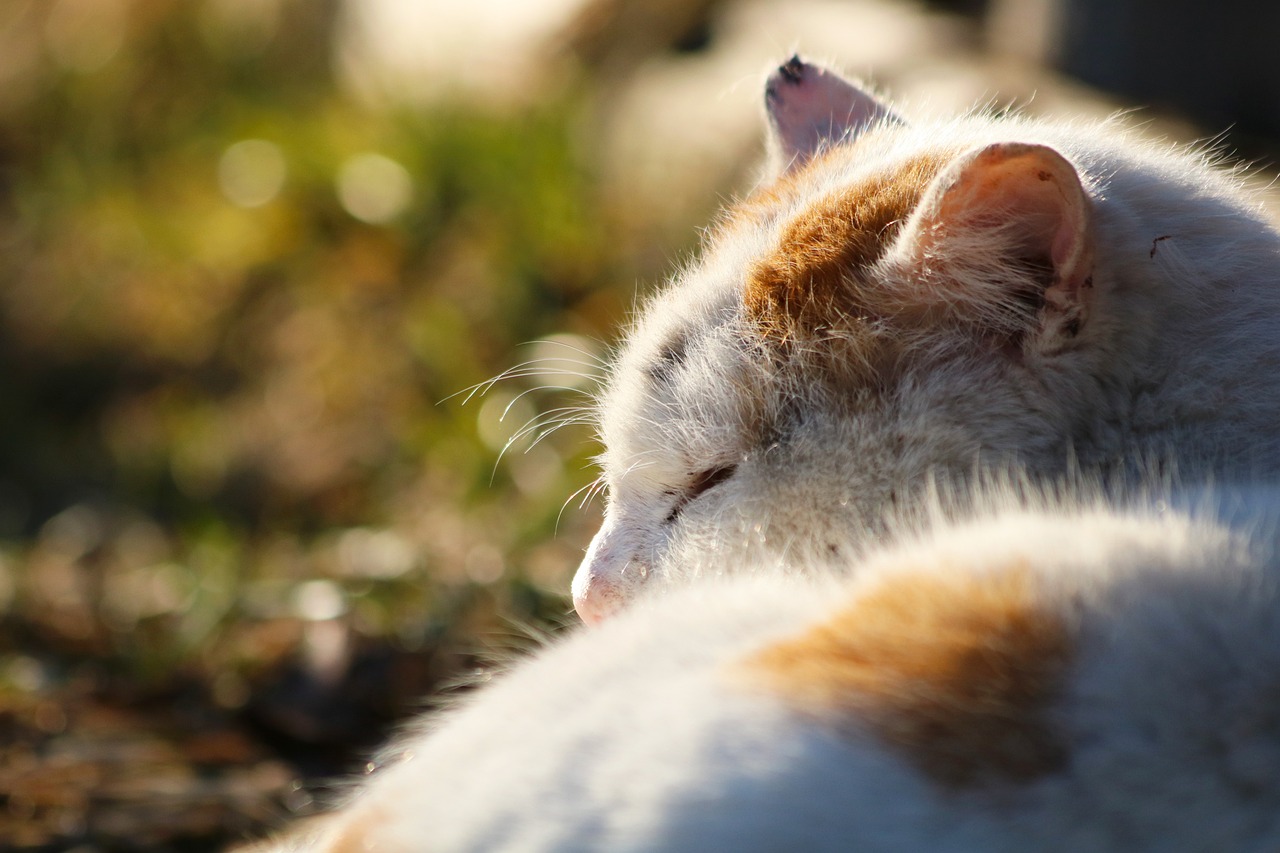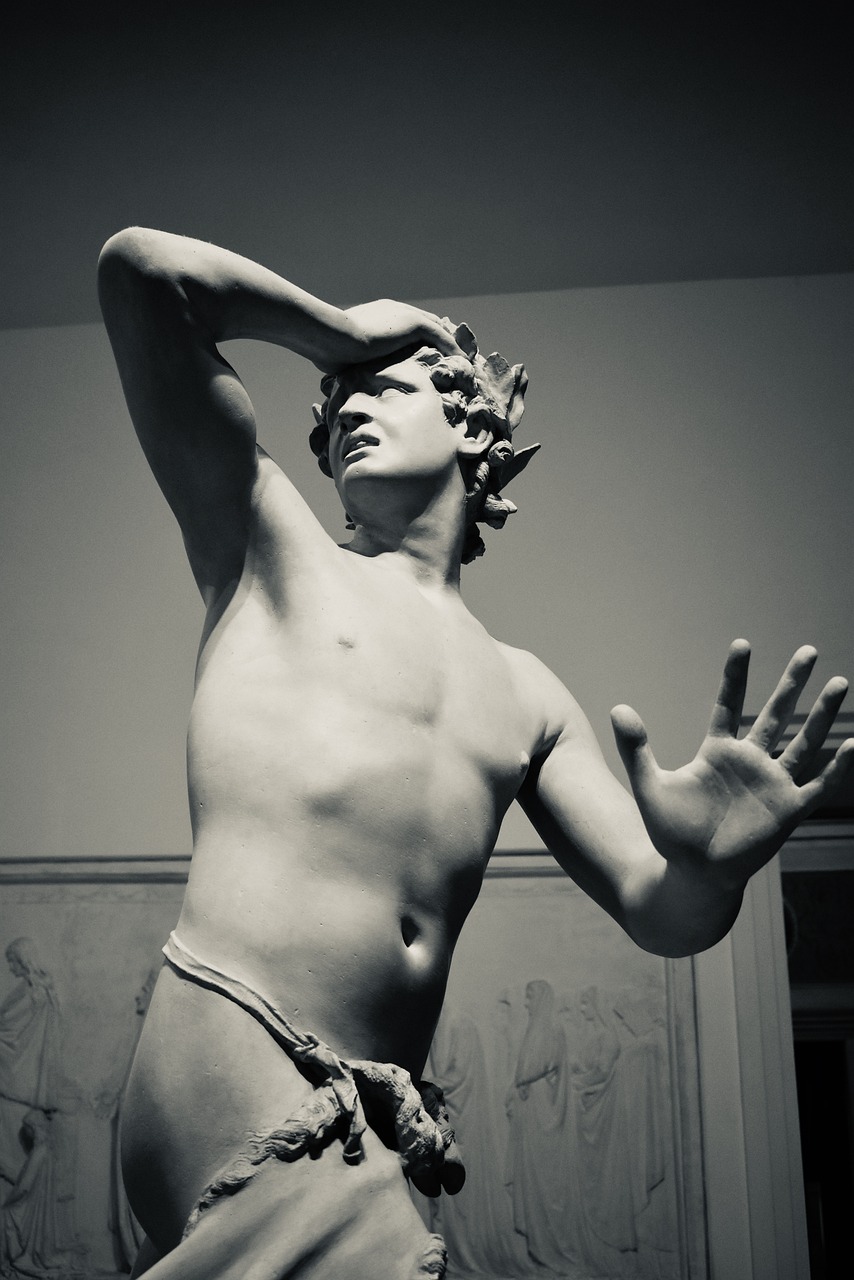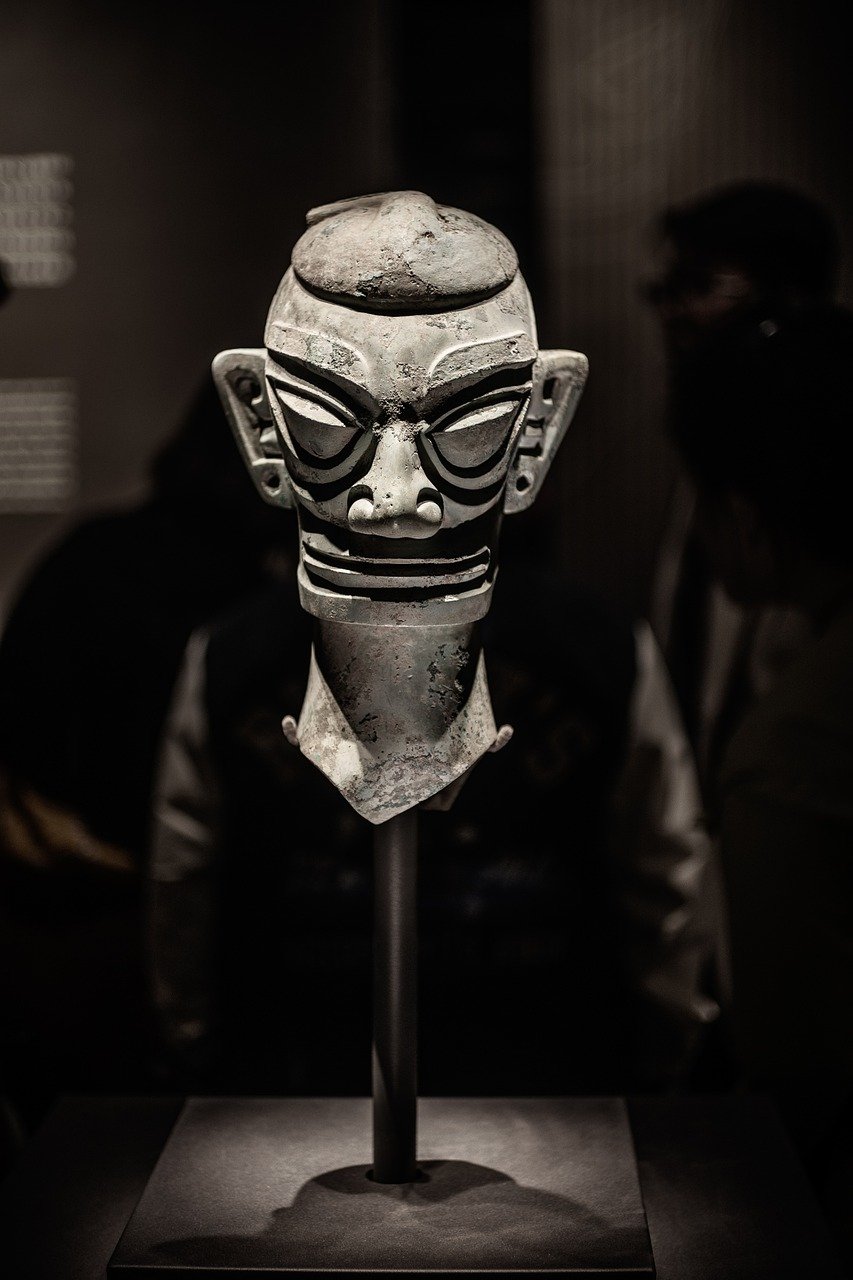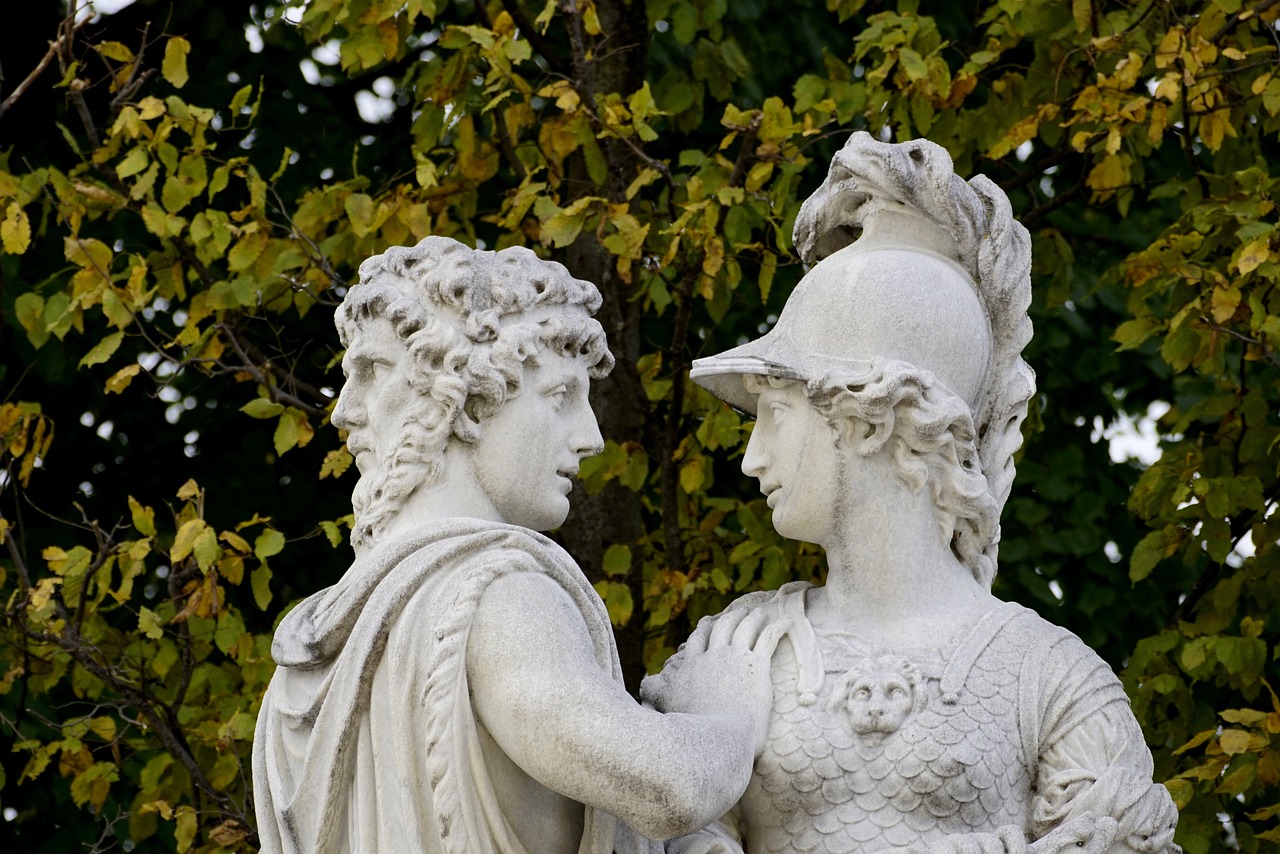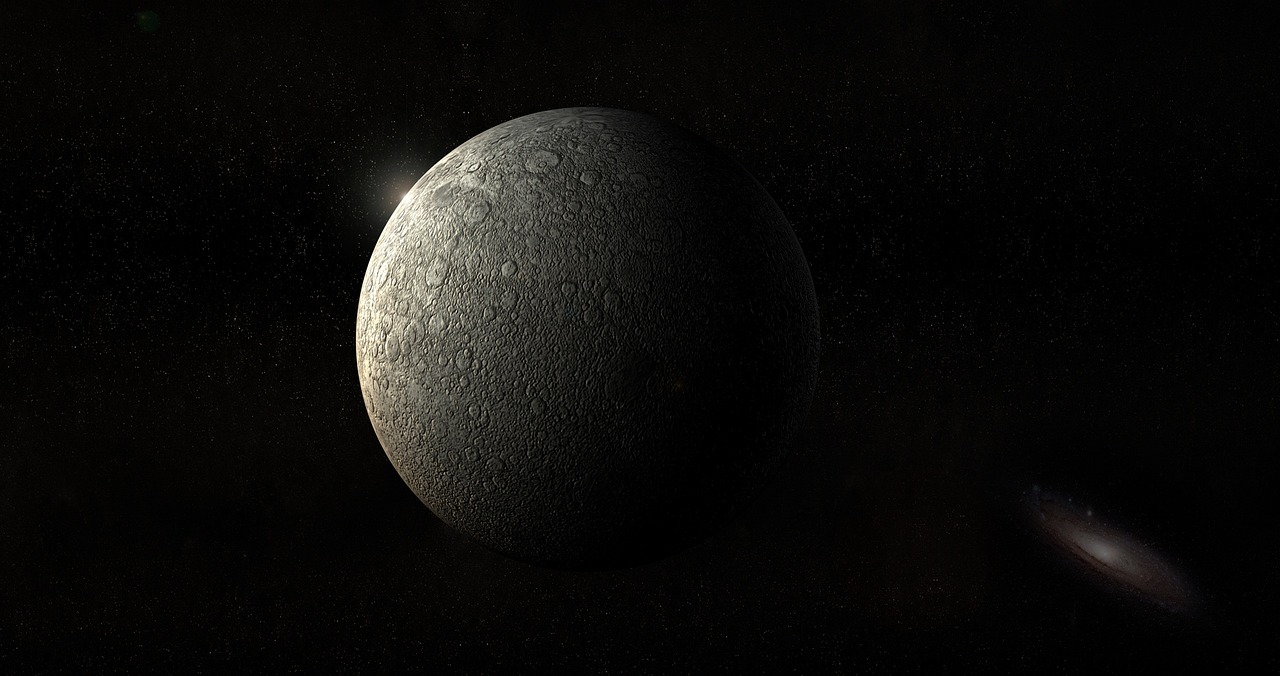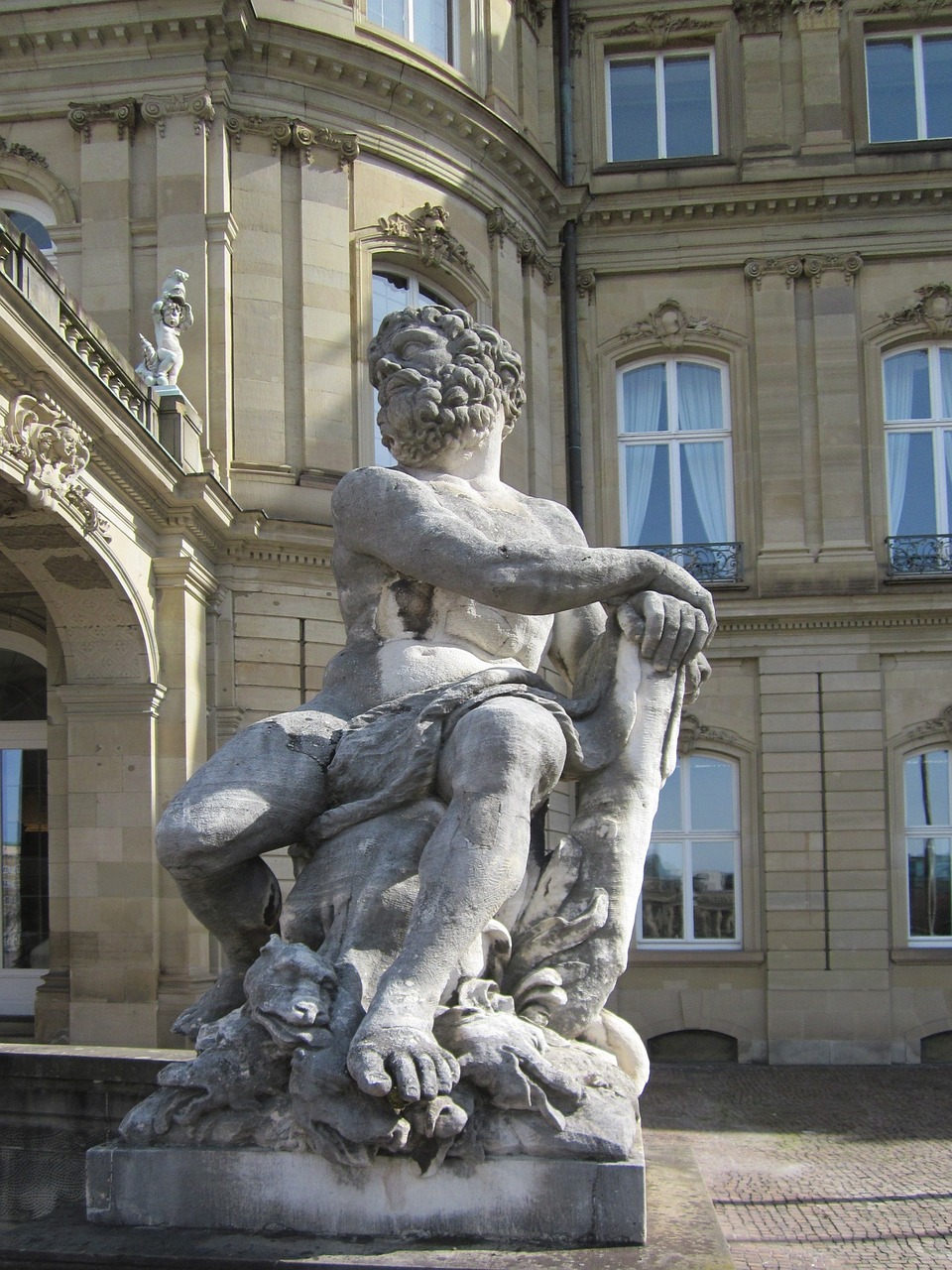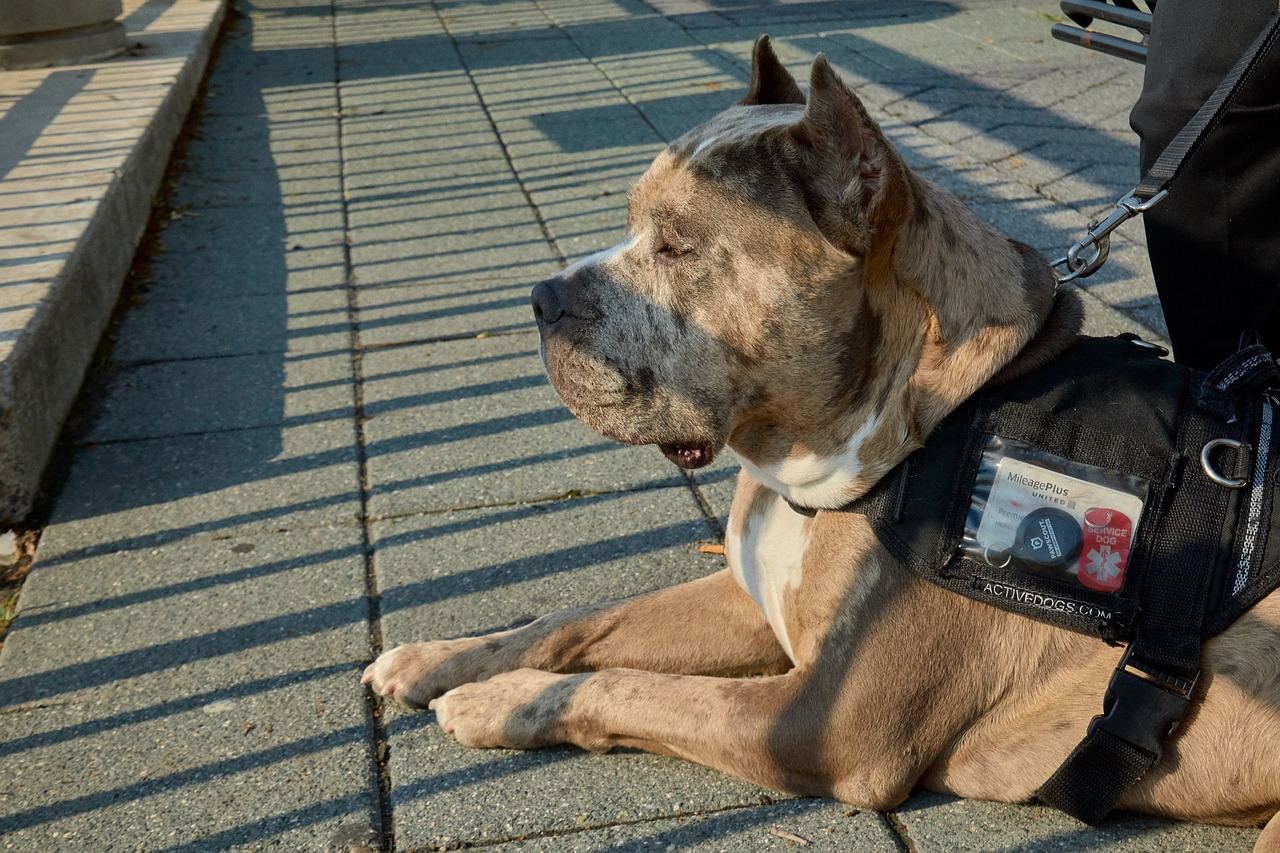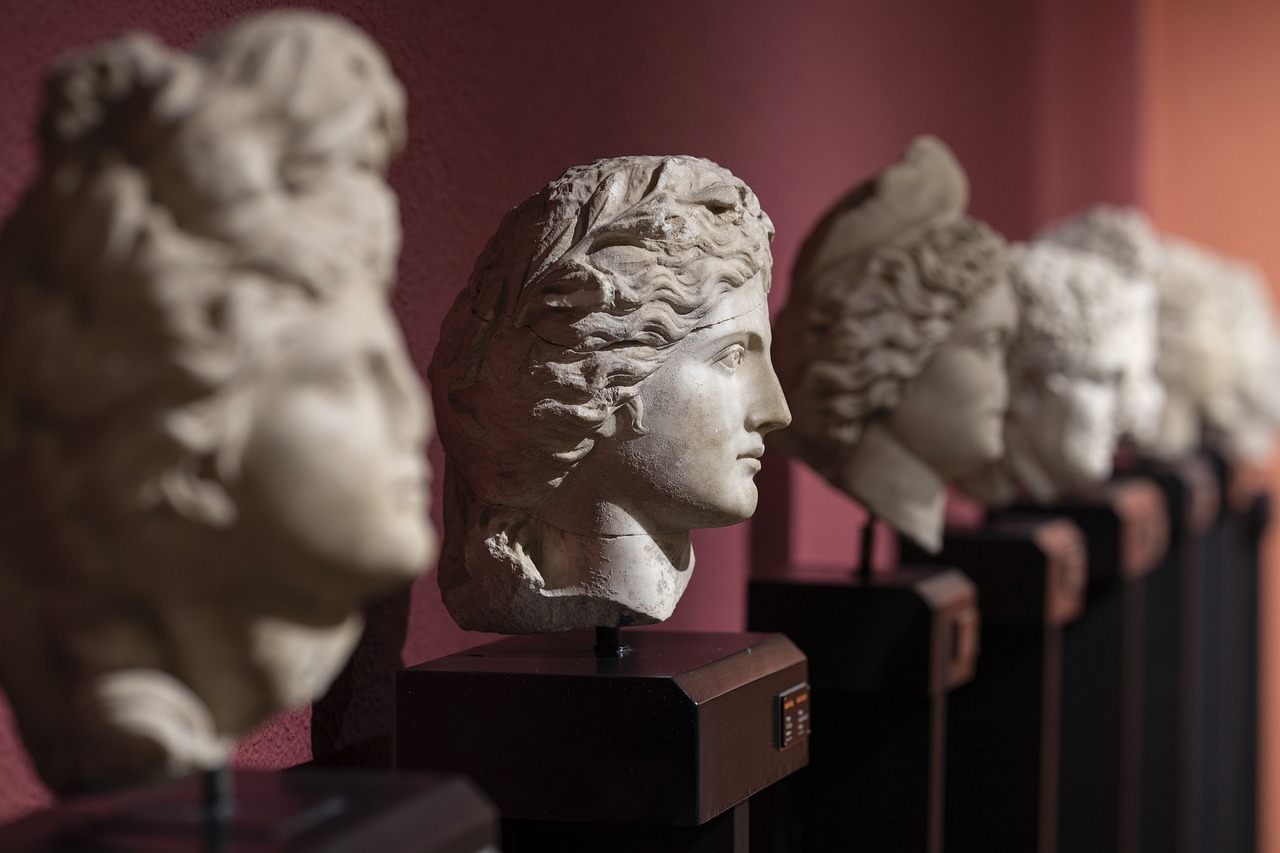Author: Sun WuKong
-
Hypnos holds a significant position in Greek mythology as the embodiment of sleep, representing a vital facet of human existence. He is the offspring of Nyx, the goddess of the night, and Erebus, the god of darkness. Hypnos shares a close bond with his twin brother, Thanatos, who governs death. Together, they possess the unique…
-
The narrative of Orpheus and Eurydice has been a profound source of inspiration among ancient authors like Apollonius of Rhodes, Virgil, and Ovid, and has also found its way into modern retellings such as that of Edith Hamilton in her work, “Mythology.” The Origins of Orpheus Orpheus, hailing from noble lineage, was born to a…
-
A few years back, the British Museum hosted an exhibition entitled Living with Gods, which suggested that religion is essential to our human experience. Despite some reservations I had about the exhibition, this concept intrigues me — if religion is vital, what role does it play in our lives? One fundamental aspect of religion is…
-
Manannán mac Lir: The Ocean’s Spirit One of the most resonant figures in Irish mythology is Manannán mac Lir, a divine entity associated with the sea. Whether known as a Celtic god, an ancient king, a member of the Tuatha Dé Danann, or a mystical overlord of the Otherworld, his identity remains a tapestry woven…
-
As Valentine’s Day approaches, it is fitting to delve into the figure many connect with love—Cupid! This character holds a significant place in both Greek and Roman mythology. In Greek traditions, he is referred to as Eros, standing not only for romantic love but also for the physical acts associated with it. The Romans, on…
-
Andromeda: The Princess of Greek Mythology and Her Celestial Legacy Andromeda, a prominent figure in Greek mythology, is known as the daughter of Cepheus, the king of Aethiopia, and his consort, Cassiopeia. The tale most associated with her is that of her rescue by the valiant hero Perseus, who thwarted the demands of a sea…
-
Among the pantheon of Roman deities, Jupiter, the offspring of Saturn, reigned as the paramount god, embodying thunder, lightning, and storms. The founders of Rome revered the spirits of their ancestors, subsequently establishing a triad of gods, which included Mars, the deity of warfare; Quirinus, the deified Romulus, protector of Rome’s populace; and ultimately, Jupiter,…
-
As a consequence for the tragic murder of his offspring, Heracles sought guidance from the Oracle at Delphi, who instructed him to undertake twelve daunting tasks for Eurystheus, the ruler of Tiryns and Mycenae. Eurystheus had assumed the throne of Mycenae after his father, Sthenelos, forcibly claimed it from Amphitryon, Heracles’ biological father. Consequently, this…
-
Ares, the formidable Greek deity associated with warfare, occupies a prominent place among the twelve Olympian gods of Mount Olympus. Revered as the god of battle, Ares embodies the fervor and violence that accompany conflict. He is frequently illustrated as a powerful and aggressive warrior, brandishing weapons such as spears and swords, representing the tumultuous…
-
Greek mythology encompasses a rich tapestry of tales surrounding deities, heroic figures, and the rituals practiced by ancient Greeks, all of which have a lasting impact on Western art and literature. The myths, often accepted as truths in ancient Greece, served both to explain natural phenomena and to present the deeds of gods and heroes.…

